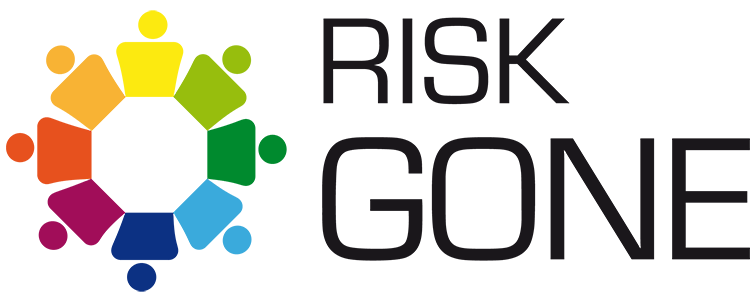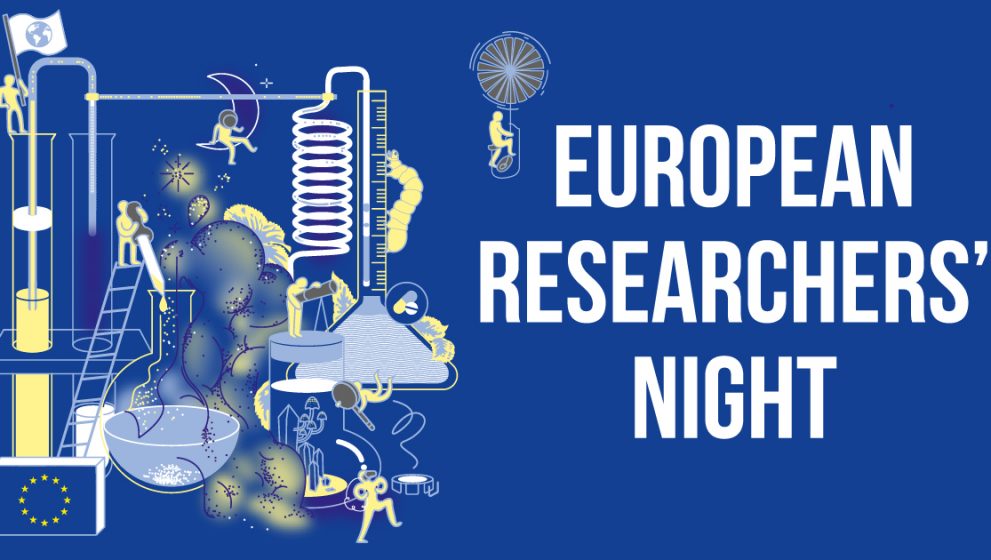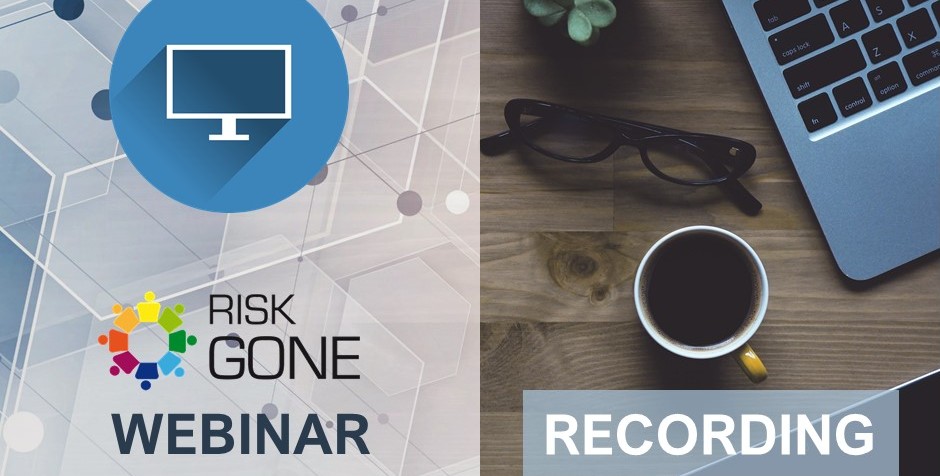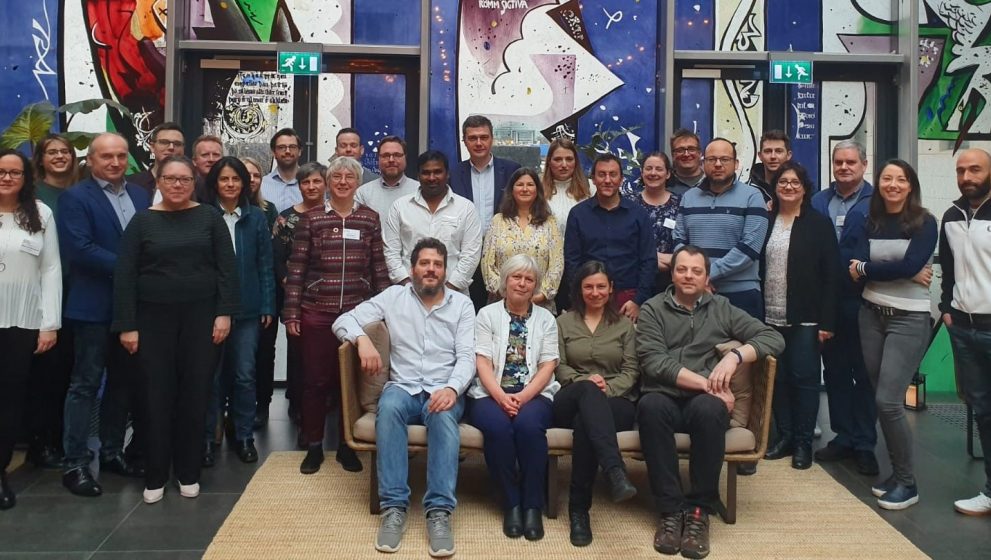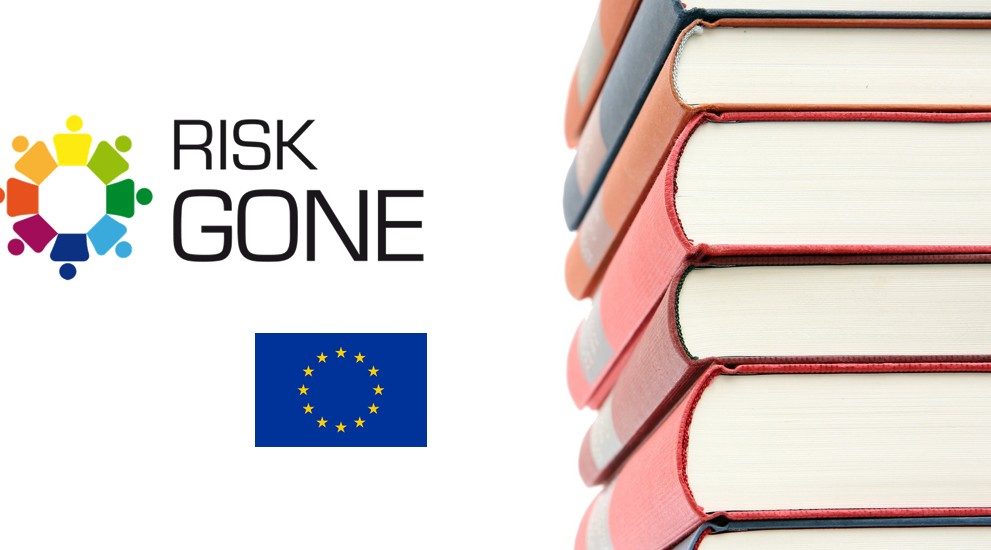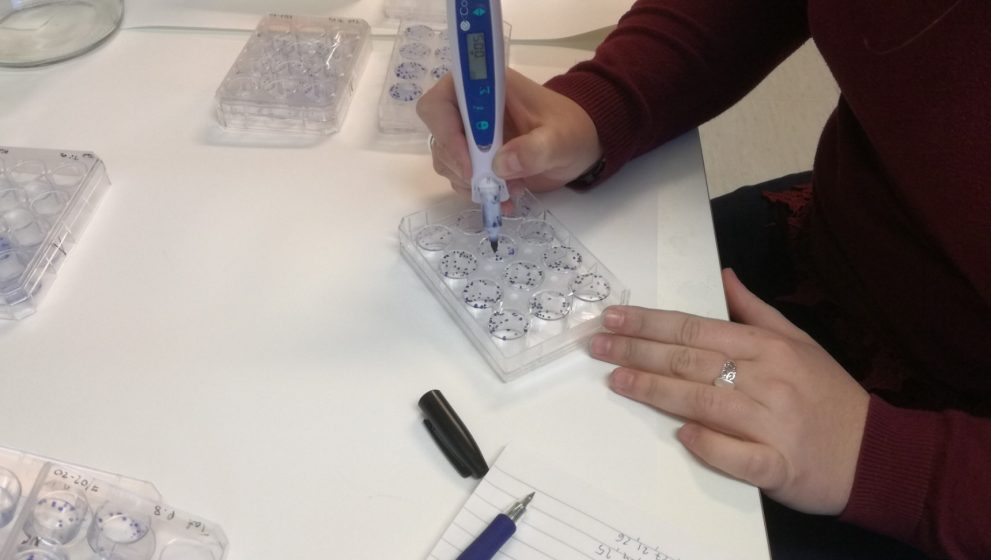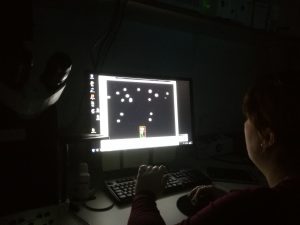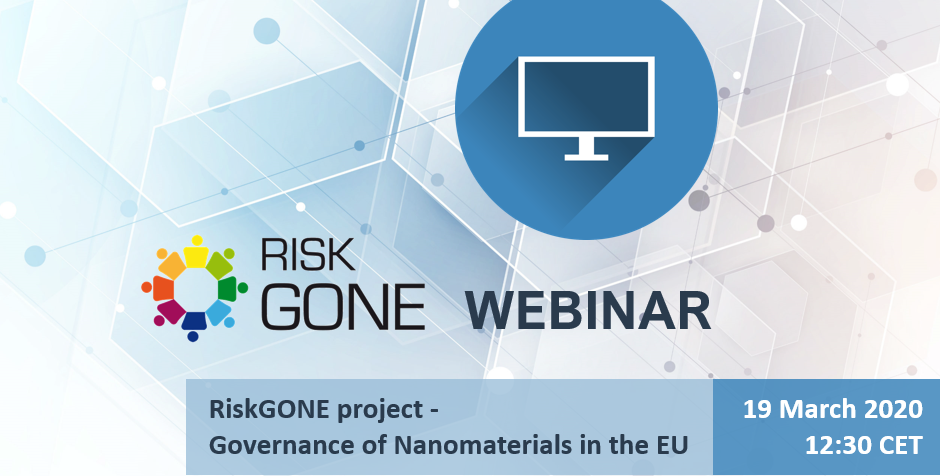RiskGONE partners take part in events across the continent on European Researchers Night – check the agenda!
On 27 November 2020, researchers across Europe will meet the public (mostly online) and showcase their work through hands-on experiments, science shows, games, quizzes, competitions, exhibitions, and digital activities. It’s the European Researchers’ Night!
RiskGONE partners are participating in some of these important events, aimed to shorten the gap between research and the general public. We seek to raise awareness on how different kinds of nanomaterials are used in daily applications and how we can manage the risks that some of they may pose to the environment and human health.
Find the agenda below!
27 November 2020
Dechema LIVE Session 1 (13:00-14:00 CET):
Deutsch: Sie möchten mehr über Nanomaterialien erfahren, wie sie in Produkten genutzt werden und wie der Stand der Sicherheitsforschung zu Nanomaterialien ist? Dann besuchen Sie unsere Veranstaltung, hören sie einen Fachvortrag von Dr. Christoph Steinbach (Dechema), nehmen Sie an einem Quiz teil und diskutieren Sie live mit Wissenschaftlerinnen und Wissenschaftlern über die Themen, die Ihnen am Herzen liegen.
Zugangslink (Plattform Zoom): https://us02web.zoom.us/j/86964499249?pwd=WFRER0phcmVGMlU5Ry8vTTEwS2puZz09
English: Would you like to learn more about nanomaterials, how they are used in products and what the state of safety research on nanomaterials is about? Then visit our event, listen to a lecture by Dr. Christoph Steinbach (Dechema), take part in a quiz and discuss live with scientists about the topics you are interested in.
Access link (Zoom platform): https://us02web.zoom.us/j/86964499249?pwd=WFRER0phcmVGMlU5Ry8vTTEwS2puZz09
Dechema LIVE Session 2 (18:00-19:00 CET):
Deutsch: Sie möchten mehr über Nanomaterialien erfahren, wie sie in Produkten genutzt werden und wie der Stand der Sicherheitsforschung zu Nanomaterialien ist? Dann besuchen Sie unsere Veranstaltung, hören sie einen Fachvortrag von Dr. Christoph Steinbach (Dechema), nehmen Sie an einem Quiz teil und diskutieren Sie live mit Wissenschaftlerinnen und Wissenschaftlern über die Themen, die Ihnen am Herzen liegen.
Zugangslink (Plattform Zoom): https://us02web.zoom.us/j/88063302206?pwd=TGI4ZVdIU2ZxYmZNaUhvS1FIRWtZZz09
English: Would you like to learn more about nanomaterials, how they are used in products and what the state of safety research on nanomaterials is about? Then visit our event, listen to a lecture by Dr. Christoph Steinbach (Dechema), take part in a quiz and discuss live with scientists about the topics you are interested in.
Access link (Zoom platform): https://us02web.zoom.us/j/88063302206?pwd=TGI4ZVdIU2ZxYmZNaUhvS1FIRWtZZz09
CSIC/Universidad de Zaragoza (physical event in Zaragoza, Spain)
Register here: https://www.eventbrite.es/e/entradas-investiga-la-nanociencia-130232032515
More events by NANORIGO, RiskGONE partner project, at ERN
27 November
At 18.30 (CET), Scotland’s ERN Explorathon is featuring Making Nano Work for Us – a NANORIGO video and family quiz hosted by OPTIMAT with Mark Morrison.
https://tinyurl.com/nanorigo-explorathon
- The NANORIGO video is also featuring on the Scottish Research Showcase at 14.00 (CET) [@EU_NANORIGO]
- In Austria, PLUS with Martin, Sabine and Norbert are hosting a Citizen Science Café here https://researchersnight.eu/2020/10/01/nano-science-gesundheit/
Discussions will go about nanoscience and health:
– What makes SARS-CoV-2 successful?
– Viruses are biologic nanoparticles
– What is nano and where do we find it?
– Can nano fight Covid?
– How safe is nano and who cares?
More events by Gov4Nano, RiskGONE partner project, at ERN
1.‘Life is Science‘ event: Nanotechnologie – Wie sicher sind die Produkte und wer entscheidet das? – Life is Science
And find here some of the materials produced for this special day!
- NANORIGO videos in English and German are on our YouTube Channel:
- All materials will be uploaded to the nanoHUB here: https://nanohub.org/groups/nanosafetycluster/collections
